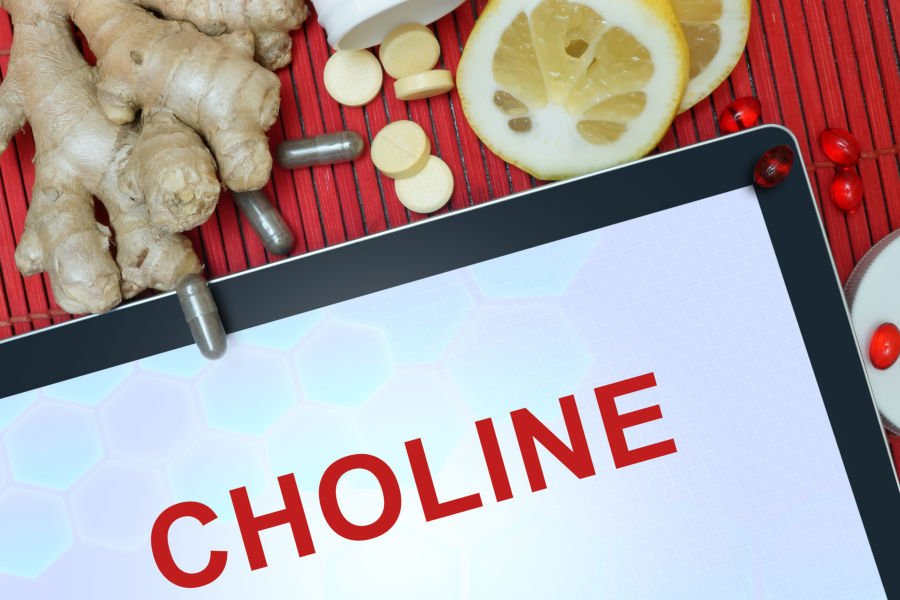Understanding Choline and Its Importance
Choline is an essential nutrient that is often overshadowed by more commonly discussed vitamins and minerals during pregnancy, such as folate and iron. However, its critical role in brain development makes it a vital component of prenatal nutrition. Choline is a water-soluble compound that is involved in various physiological processes, including cell membrane integrity, neurotransmitter synthesis, and gene regulation. For pregnant women, ensuring adequate choline intake is crucial for optimal fetal brain development and overall health.
Choline and Early Brain Development
Research highlights that choline is particularly important during the critical periods of fetal brain development, which occur in the first and second trimesters of pregnancy. Adequate choline intake is linked to the development of the brain’s structure and function, particularly in areas responsible for memory and cognitive abilities. Studies have shown that maternal choline supplementation can positively affect the offspring’s brain development, leading to improved cognitive outcomes and memory function later in life.
Choline is vital for the formation of phosphatidylcholine, a key component of cell membranes, and acetylcholine, a neurotransmitter that plays a crucial role in memory and learning. During pregnancy, fetal demand for choline increases, as it is necessary for the rapid proliferation and differentiation of neural cells. Insufficient choline intake during this period may impair brain development and potentially increase the risk of cognitive deficits in the child.
Common Sources of Choline
Despite its importance, many pregnant women do not meet the recommended daily intake of choline, which is 450 mg per day. This deficiency can arise from a lack of awareness about choline-rich foods. Key dietary sources of choline include eggs, liver, meat, poultry, fish, dairy products, and certain plant-based foods like beans, nuts, and cruciferous vegetables. Including these foods in a balanced diet can help ensure adequate choline levels during pregnancy.
For women following vegetarian or vegan diets, it is essential to pay special attention to choline intake, as plant-based sources may not provide sufficient amounts. In such cases, fortified foods or choline supplements may be necessary to meet the recommended intake. Consulting with a healthcare provider or registered dietitian can help in formulating a dietary plan that supports both maternal and fetal health.
Choline’s Role in Preventing Neurological Disorders
Emerging research suggests that adequate choline intake during pregnancy may play a role in preventing neurological disorders in offspring. Some studies indicate that choline may help reduce the risk of neurodevelopmental disorders, including attention deficit hyperactivity disorder (ADHD) and autism spectrum disorders. While further research is needed to establish these connections definitively, the potential protective effects of choline on brain health underscore the nutrient’s importance.
Additionally, choline has been associated with better maternal health outcomes. Adequate choline intake during pregnancy may help reduce the risk of gestational diabetes and support liver function, further enhancing overall well-being for expectant mothers.
Raising Awareness and Addressing Deficiency
Despite the clear benefits of choline, awareness around its importance remains low. Many prenatal vitamins do not include adequate amounts of choline, and this nutrient is often overlooked in discussions about prenatal health. Increasing awareness among healthcare providers and expectant mothers is essential for ensuring that choline is recognized as a vital nutrient during pregnancy.
Public health campaigns and educational initiatives can help highlight the importance of choline and encourage women to include choline-rich foods in their diets. By fostering greater awareness, we can help ensure that mothers and their children reap the long-term cognitive and health benefits associated with this often-overlooked nutrient.
Prioritizing Choline for Maternal and Fetal Health
Choline plays an indispensable role in early brain development and overall maternal health during pregnancy. By prioritizing this uncelebrated nutrient, expectant mothers can support their child’s cognitive development and well-being. As research continues to unfold, recognizing and addressing choline deficiency will be crucial for improving prenatal health outcomes and promoting healthy brain development for future generations.




